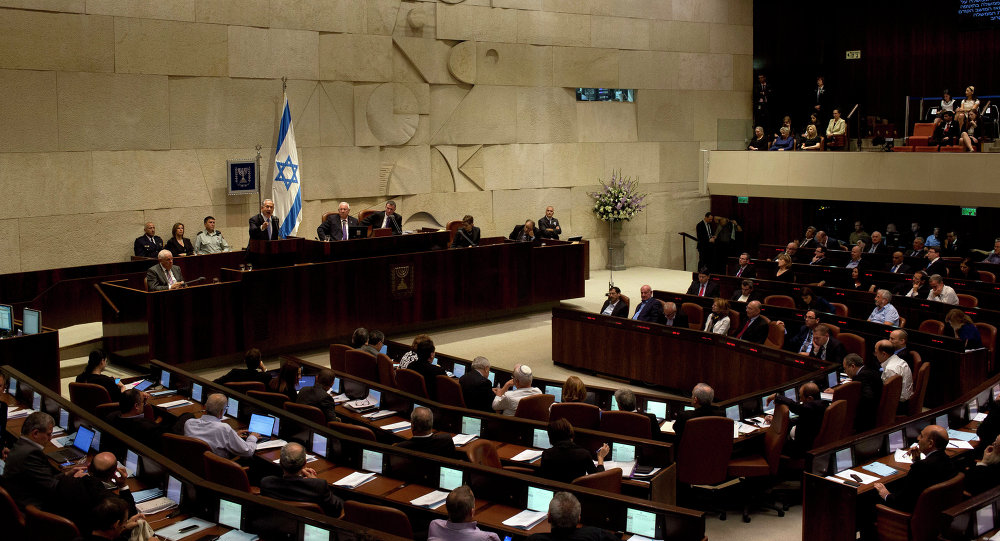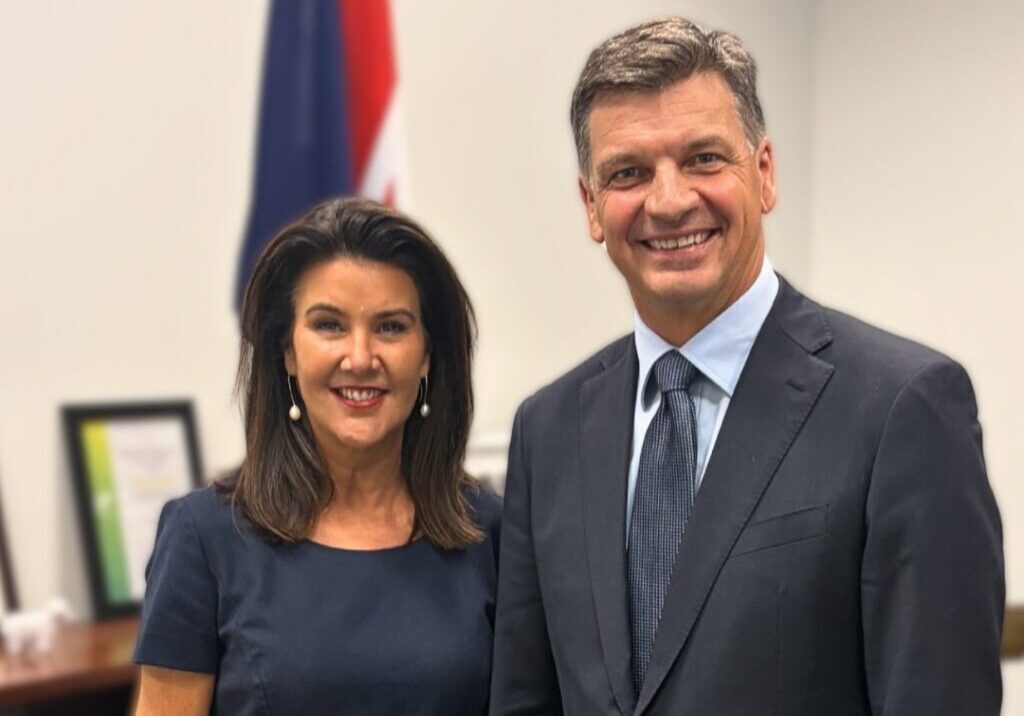Australia/Israel Review
Media Microscope: Overstatement on Parade
Aug 8, 2018 | Allon Lee

In the media’s overall coverage of the “Basic Law: Israel as the Nation-State of the Jewish People” bill that passed in the Israeli Knesset, there was a lot of heat generated and very little light.
A Reuters/AP report run by the Australian newspaper and on Fairfax websites (July 20) included Israeli PM Netanyahu’s key justification for the need to pass such a law: “Israel is the nation-state of the Jewish people, which honours the individual rights of all its citizens… Lately, there are people who are trying to destabilise this and therefore destabilise the foundations of our existence and our rights.”
However, Fairfax papers the next day ran a New York Times sourced analysis that did not include Netanyahu’s explanation and which said the bill’s “passage demonstrated the ascendancy of ultranationalists…emboldened by the gains of similarly nationalist and populist movements in Europe and elsewhere.”
The West Australian’s otherwise reasonable report (July 21) on the issue was given the inflammatory headline: “Israel backs ‘racist’ state law.”
ABC Radio National “Drive” (July 19) listeners heard former Australian Ambassador to Israel Dave Sharma say he did not think Israeli Arab rights would be affected and the bill merely reflects the right of Jewish people to exercise “national self-determination” in their homeland. He said it was akin to Palestinians exercising their right to national self-determination in their own state in the West Bank and Gaza. Fady Khoury, an attorney with the NGO Adalah that promotes Arab minority rights in Israel, criticised the new law for not mentioning Palestinians and said that just because it confirms the status quo “isn’t justification enough for its own continuance.”
AIJAC’s Tzvi Fleischer told ABC TV “News at Noon” (July 20) that “Israel has been a Jewish state since its Declaration of Independence. This just codifies what that means…it doesn’t have any real effect on the rights of the minorities in Israel. That’s protected by a different basic law, the law of human dignity and liberty… passed in 1992.” Asked if it affects the chances for peace, Fleischer said, “it doesn’t affect the two-state solution in any way, shape or form” with peace “based on the model of two states for two people, a Jewish and an Arab state… This is consistent with that.”
Earlier on ABC TV “News Live” pro-Palestinian activist Bassam Dally said of the law that Israel has been “practising such discrimination against the Arab population… and has legislated [it] into law.”
The Australian (July 23) ran international law expert Eugene Kontorovich’s piece explaining the reasons why the law is unremarkable and of a type seen in seven European states. He wrote, “The law does not infringe on the individual rights of any Israeli citizen, including Arabs; nor does it create individual privileges. The illiberalism here lies with the law’s critics, who would deny the Jewish state the freedom to legislate like a normal country. The nation-state law declares that Israel is a country established to instantiate the Jewish people’s ‘right to national self-determination’. It constitutionalises symbols of that objective — the national anthem, holidays and so forth. There is nothing undemocratic or even unusual about this.”
On ABC Radio Melbourne “Conversation Hour” (July 23), former ALP foreign minister Gareth Evans – a consistent critic of Israel, with barely a nod to the myriad sins of the Palestinian leadership – predictably said of the law, “terribly, terribly, unhappy development… this is apartheid stuff. There’s no two ways of describing it… just a total intolerance of the reality of this significant minority of Arabs… and a total unwillingness to make the set of accommodations that we associate with any decent democracy.” Fellow guest, journalist Jonathan Pearlman, said Netanyahu “is a very strong leader” who “continually buckles to the right and seems to be hamstrung by what’s going on domestically.”
A Guardian Australia editorial (July 24) condemned the law, saying it “subordinates the country’s democratic nature to its Jewish nature rather than balancing the two” and “amplifies rather than counteracts Israeli democracy’s worst tendencies.” An op-ed in the same edition by Aida Touma-Sliman, an Israeli Arab opposition member of the Israeli Knesset, said the law “enshrine[s] the state of Palestinians in Israel as second-class citizens,” before adding that “a country cannot call itself a democracy while it keeps millions of people under occupation for decades” and “subjects the Gaza Strip to an inhumane blockade.”
Tags: Australasia, Australia, Israel, Media/ Academia






